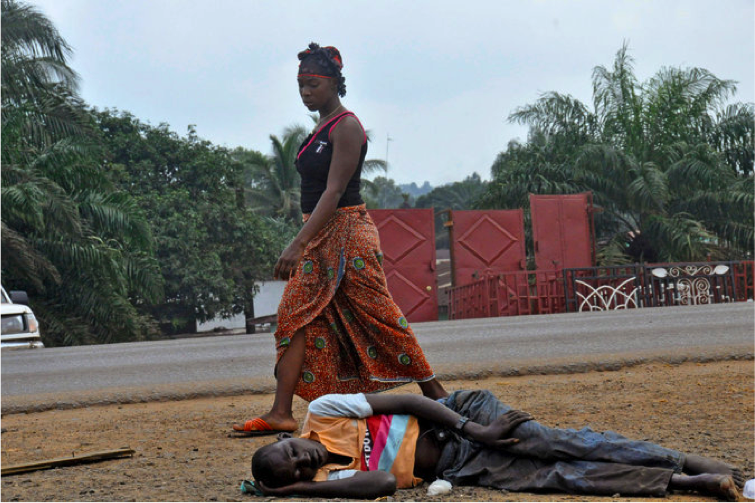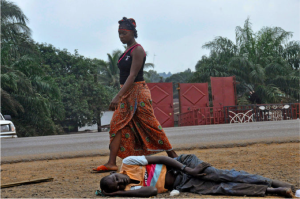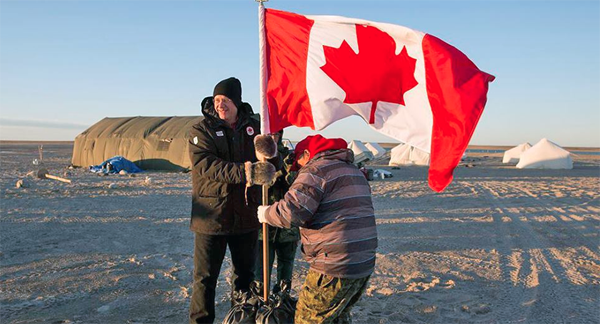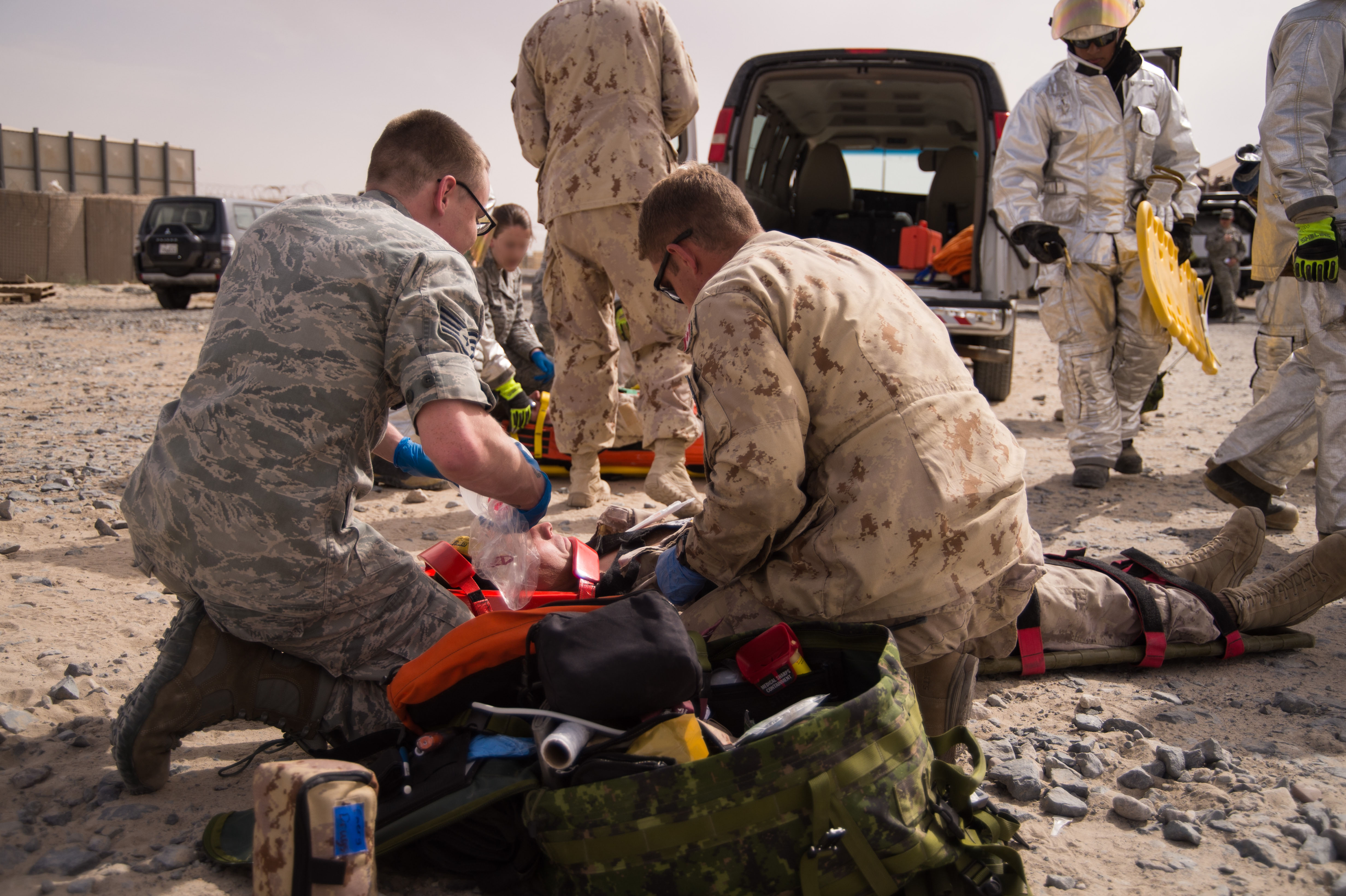As Ebola has spread exponentially through West Africa over the past several months, and now made its way in a handful of cases into both America and Europe, one central question has emerged: Given the magnitude of Ebola’s threat to international security, why has the current global response failed to bring the epidemic under control?
What’s Happening Now?The Ebola virus has now killed over 4,000 people in West Africa and last week, both the United States and Spain confirmed that first cases of the virus had been contracted within their own borders.
In the United States, a Liberian man by the name of Thomas Duncan died in a Texas hospital last Wednesday after returning from the West African country infected with the disease. He returned to the U.S on September 20, 2014 and sought medical assistance at the Texas hospital on September 25, 2014 with Ebola symptoms but was sent home. When he went back to the hospital three days later, he was quarantined as a potential Ebola victim.
In mid-October of 2014, a nurse who treated Duncan in Texas was confirmed to have contracted the virus– officials have stated that while proper safety precautions were in place during Duncan’s treatment, the breach likely occurred because the nurse, Nina Pham skipped or rushed through one of the preparation steps.
Thanks to strong health care infrastructure in both the U.S and Europe, the risk of Ebola spreading rampantly within these countries remains very low. However, the WHO has said that now, more cases of Ebola in Europe and the U.S have become ‘inevitable’, and the disease is still spreading rapidly across West Africa.
The Failure of an International Response: What Leaders Have to Say
One thing that is clear from leaders as they focus on the global response, is a consensus that the current international strategy is failing and needs reassessing fast.
Last week, WHO director Margaret Chan emphasized that this experience has proved beyond doubt that “the world is ill-prepared to respond to any severe, sustained and threatening public health emergency.”
The World Bank’s president Jim Kim further stated that the international community has ‘failed miserably’ in its global response. The Ebola outbreak, he agreed, is proof that the international community is ill prepared to respond to a crisis of this magnitude. Chan emphasized that the Ebola crisis is accentuating the dangers of economic inequality in an international state of emergency. While the rich in poor countries have access to strong health care infrastructure, medicine and vaccinations, the poor are simply “left to die”.
Kim, who harped on the unpreparedness of the international community to deal with public health crises, has called for Western governments to support a 20 billion dollar global health fund to react better to future emergencies.
In the Future: Reprioritizing International Response Efforts
Currently, the WHO says that there are no signs of Ebola’s spread slowing in West Africa. Echoing both Chan and Kim, President Obama told the U.N last week that the world was doing too little “I want us to be clear: we are not moving fast enough. We are not doing enough.”
The United States earlier response pledged 3,000 troops to affected areas in West Africa, and committed to building 17 hospitals to help treat and stop the spread of the virus.
Now, Obama has asked capable countries to supply air transportation, evacuation services, doctors, and medical equipment. He has said that the U.S will lead the response, however they do not have enough doctors on their own to stop the epidemic.
With any luck, Obama’s renewed response will insert a necessary sense of urgency back into the international Ebola response and kick other equipped Western countries into high gear.






